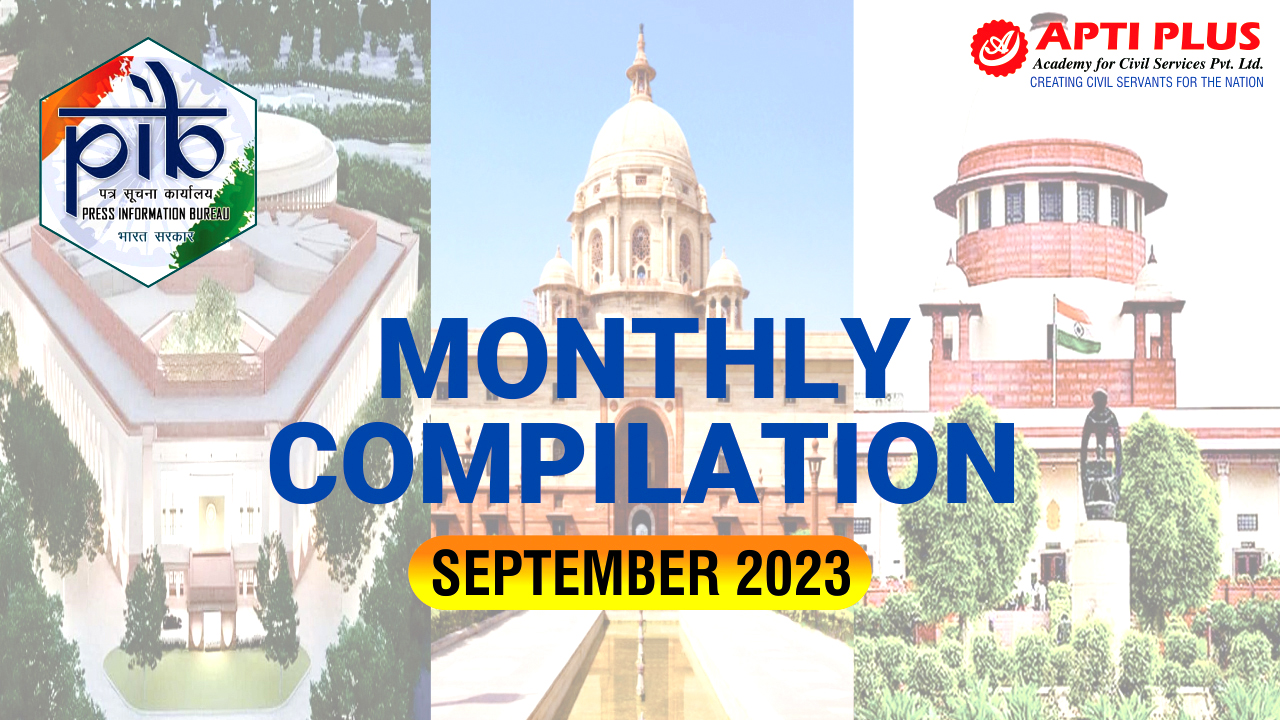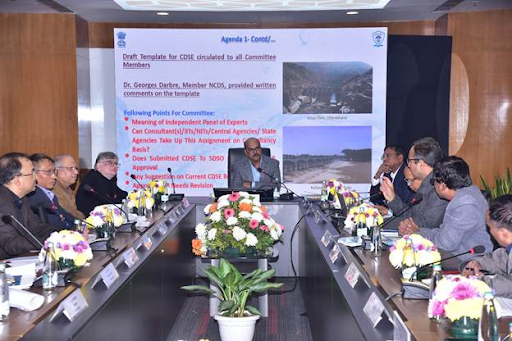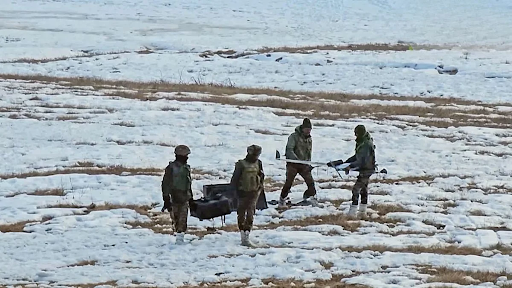Description

Disclaimer: Copyright infringement not intended.
Context
- In a big blow to the Rishi Sunak government, the U.K. Supreme Court has unanimously ruled that the government's proposed policy to send certain asylum seekers to Rwanda while their cases are processed is unlawful.
Details
Immigrant crisis in UK
- Since 2018, there has been a significant increase in the number of refugees and asylum seekers attempting risky crossings between Calais, France, and Dover, England.
- The majority of these migrants and asylum seekers are from war-torn nations like as Sudan, Afghanistan, and Yemen, or from developing countries such as Iran and Iraq.
- These crossings pose an immigration crisis in Britain, which has taken a harsh stance against illegal immigration.
- The Nationality and Borders Bill, 2021, which is still being debated in the UK, empowers the British government to revoke anyone's citizenship without notice if "exceptional circumstances" exist.
- The Rwanda agreement implements one of the Bill's objectives, which is to dissuade illegal entry into the United Kingdom.

What is the Rwanda Agreement?
- The Rwanda Deal, or the UK and Rwanda Migration and Economic Development Partnership, is a Memorandum of Understanding (MoU) signed by the two countries.
- Rwanda has agreed to accept asylum seekers who arrive in the UK on or after January 1, 2022, via illegally aided and illicit cross-border migration.
- Rwanda will serve as a holding station for asylum seekers while the Rwandan government makes decisions on their asylum and resettlement petitions.
- Rwanda would accept anyone who is not a minor and does not have a criminal record.
The rationale of the deal
- The agreement aims to fight "people smugglers," who frequently charge exorbitant fees from vulnerable migrants to transport them on unseaworthy boats from France to England, often resulting in catastrophic drownings.
- The UK claims that this answer to the migration crisis is humanitarian and aimed at the criminals who operate these unlawful crossings.
What will the scheme cost the UK?
- The UK will pay Rwanda £120 million as part of a "economic transformation and integration fund," as well as operational charges and an unspecified amount for each migrant.
- The UK currently pays £4.7 million a day to house approximately 25,000 asylum seekers.
- This amounted to £430 million per year at the end of 2021, with a predicted increase of £100 million in 2022.
- The Rwanda Deal is expected to lower these costs by contracting with a third country to host such migrants.
Will the Rwanda Agreement address the issue of illegal immigration?
- Unless challenged and stopped by British courts, this agreement will go into effect in a matter of weeks.
- While Boris Johnson's government is likely ready for such legal battles, it is uncertain whether the Rwanda Deal will address the issue of illegal border crossings.
- Similar experiences show that such policies do not fully stop "people smuggling."
Criticisms of the agreement
- Several activists, refugees, and human rights organizations have come out forcefully against the proposed plan.
- There are risks associated with sending refugees and asylum seekers to third countries without adequate safeguards.
- Refugees are traded like commodities and sent abroad for processing.
- Such arrangements simply shift asylum responsibilities, dodge international obligations, and are in violation of the Refugee Convention's word and spirit.
- Rwanda is also notorious for extrajudicial killings, strange deaths in custody, illegal or arbitrary detention, torture, and abusive prosecutions, notably of critics and dissidents.

Are there any other countries that send asylum seekers abroad?
- Yes, other countries, like Australia, Israel, and Denmark, have sent asylum seekers abroad.
- Since 2001, Australia has made extensive use of offshore detention camps.
- Israel, too, chose to deal with an increasing influx of asylum seekers and illegal immigrants from nations such as Sudan and Eritrea by reaching agreements with third countries.
- Those denied refuge had the option of returning to their home country or taking $3,500 and a plane ticket to one of the third countries.
- If they elected to remain in Israel, they feared arrest.
|
PRACTICE QUESTION
Q.Explore the causes, events, and consequences of the Rwandan Genocide in 1994. Discuss international responses and lessons learned.
|










